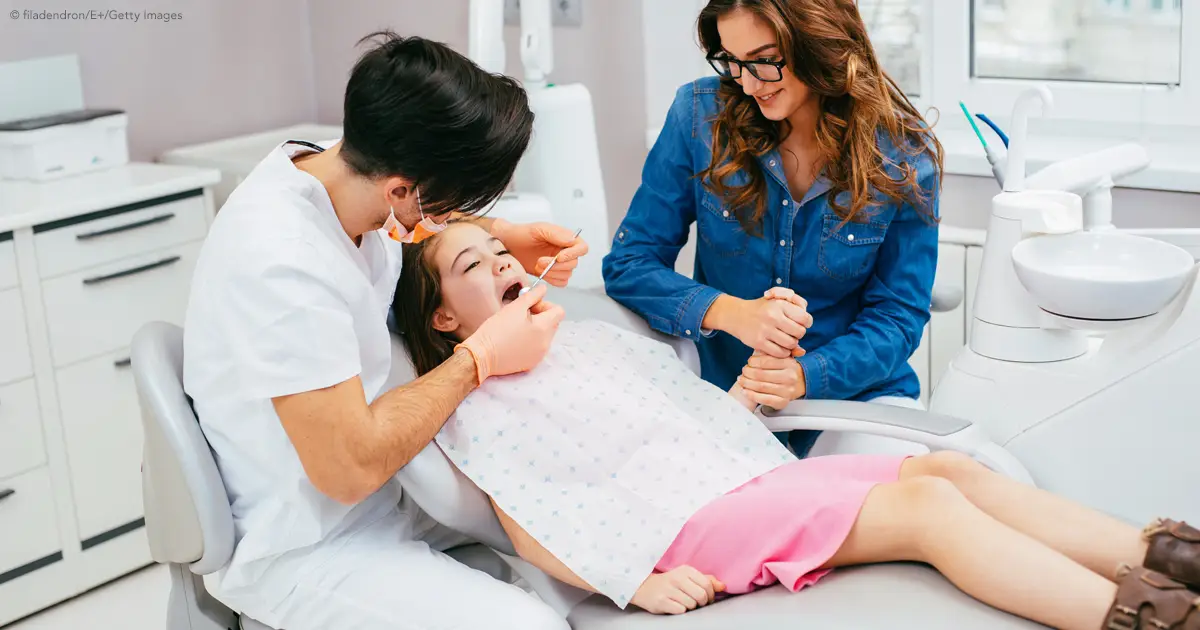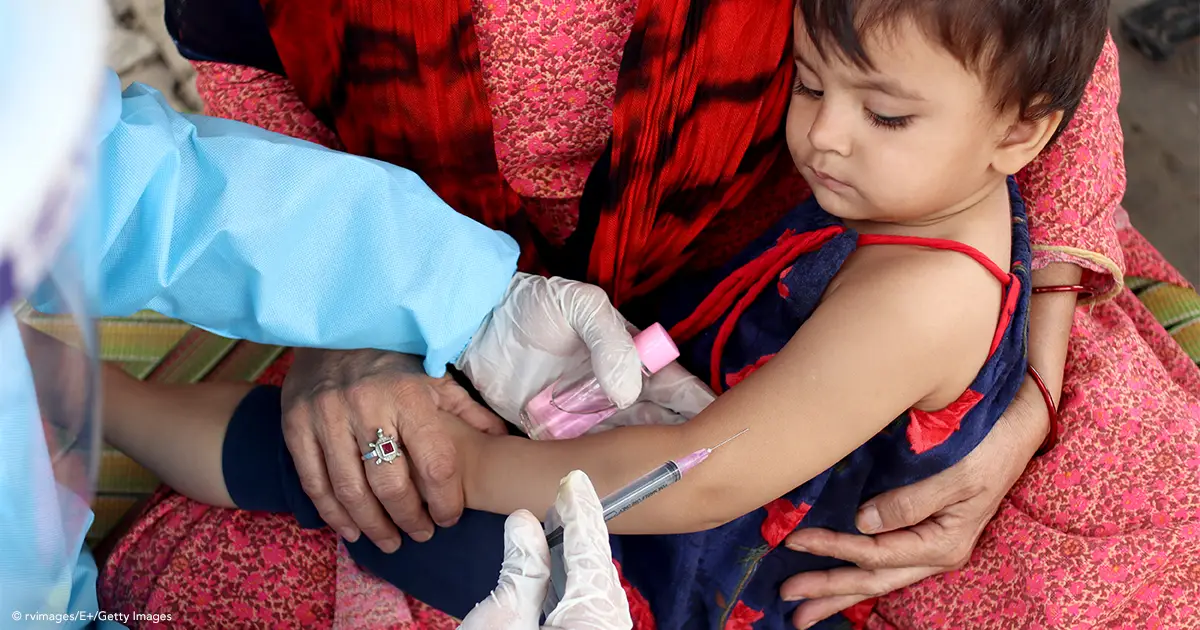-

What Is System Thinking in Health Care? Strategies for Educators to Encourage Holistic Thinking
Learn more about systems thinking in the health care sector, how nursing educators cultivate a holistic mindset, and the benefits of this approach. -

Partial Filling of Schedule II Prescriptions: Recent Updates in Federal Law
In August 2023, the DEA finalized regulations for partial fills under CARA, which provided long sought clarification for pharmacists, health care providers and politicians. -

The Cybersecurity Worker Shortage is Massive: How to Train Students Today and Get Them Working Tomorrow
The great need for cybersecurity professionals is worldwide and growing. Yet there is a huge gap between available cybersecurity jobs and qualified individuals who can combat bad actors. Learn why this gap persists and how educators can start to work toward closing the gap through innovative teaching tools and techniques. -

The Potential Health Implications of School Closures on K-12 Education
Education is more than just a learning experience. In many ways, it is a social determinant of health. -

The Elderly and Mass Incarceration: A U.S. Atrocity
Patti R. Rose details the atrocity of elderly mass incarceration in the U.S. and suggests alternative solutions. -

Oral Health – Very Important but Often Forgotten
-

Economics and Global Health: What Should Students Know?
Students will come to an introductory global health course with no understanding of health economics. Introductory courses in global health should help students understand key economic issues. -

How to Prepare Students for Exams
The following tips for teachers are actionable steps educators can take to prepare students to take their exams with confidence. -

Connecting Cybersecurity Education to Multiple Standards and Frameworks
When it comes to cybersecurity, there are some new challenges that arise thanks to the number of different career paths. As a result, it’s important to connect cybersecurity education to multiple standards and frameworks. -

Innovative Assessment Strategies in Higher Education
There are several alternative innovative assessments in education and some creative ways to assess students' progress. Here are five top assessment techniques to integrate into online exams.

